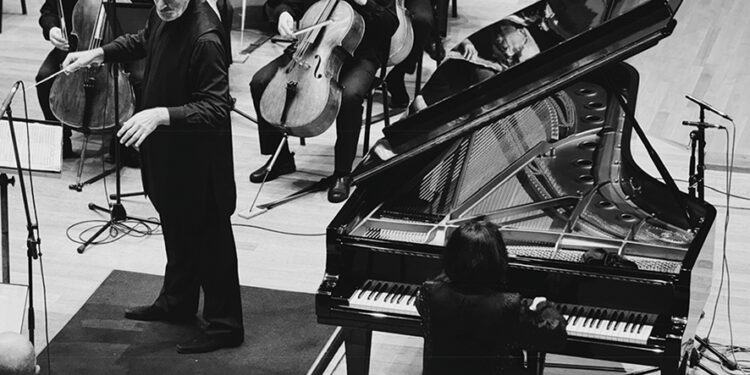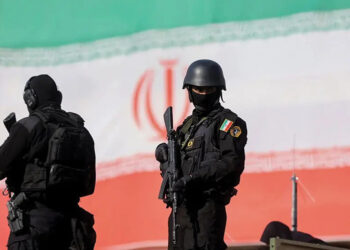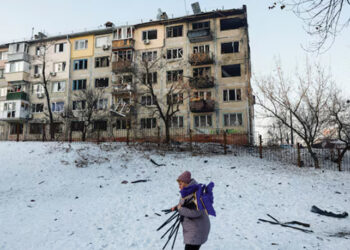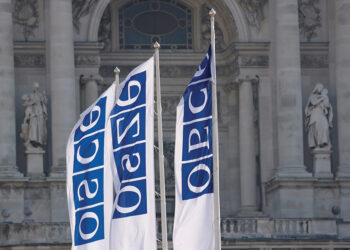On the evening of September 14, the Djansug Kakhidze Tbilisi Center for Music and Culture gathered a public that had already surrendered to the inevitability of a sold-out hall. The opening of the thirty-third season of the Autumn Tbilisi International Music Festival coincided with the birthday of Eliso Virsaladze, Georgia’s most revered pianist, whose life in music has become a kind of cultural myth. An entire festival season began as a celebration of a single artist whose name carries the weight of an entire school, an aesthetic lineage, and a memory of Georgian artistry within the global concert world.
The evening revolved around Beethoven. Virsaladze took the stage with the Piano Concerto No. 3 in C minor, and Vakhtang Kakhidze led the Tbilisi Symphony Orchestra in the Seventh Symphony. The sequence suggested a single architecture: the concerto as introspective threshold, the symphony as outward surge of rhythm.
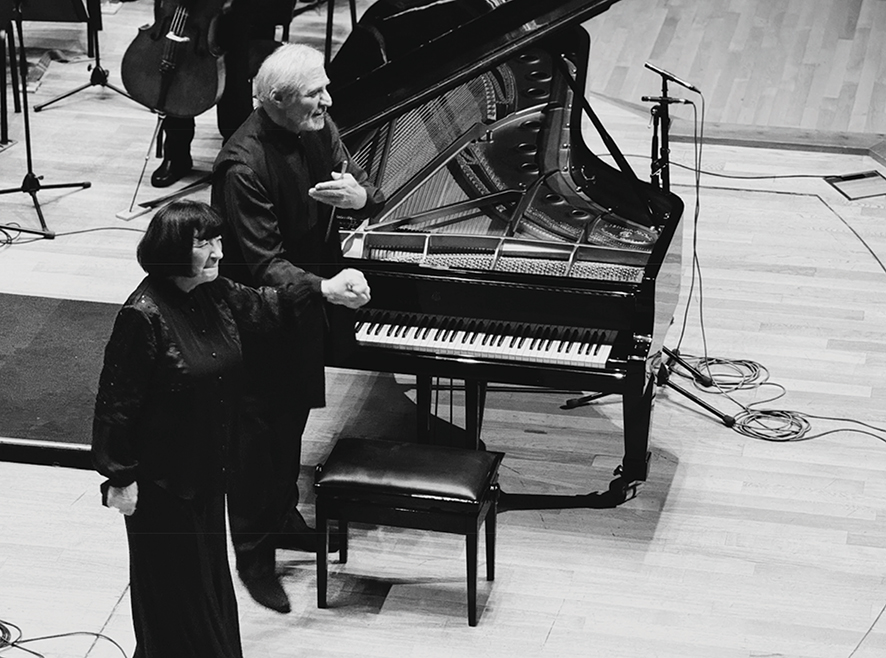
Virsladze’s approach to Beethoven’s Third Concerto is a lesson in concentration. Her opening entry did not impose itself with volume or drama; it carried a gravity that drew the orchestral fabric inward. Each phrase unfolded with a transparency that revealed the underlying logic of the score. The Allegro con brio felt like a process of illumination, every gesture chiseling the structure with measured intensity.
The cadenza stood as a summit of thought. Virsaladze seemed less concerned with display than with exposing the tensions inscribed in the music. The long spans of the Largo then stretched into silence, phrases sustained with a patience that transformed the hall into a kind of interior chapel. By the Rondo, her touch shifted toward wit and dance, each rhythmic figure shaped with sharp clarity. The concerto closed without flourish, its resonance carried in the memory of the audience rather than in overt gestures.
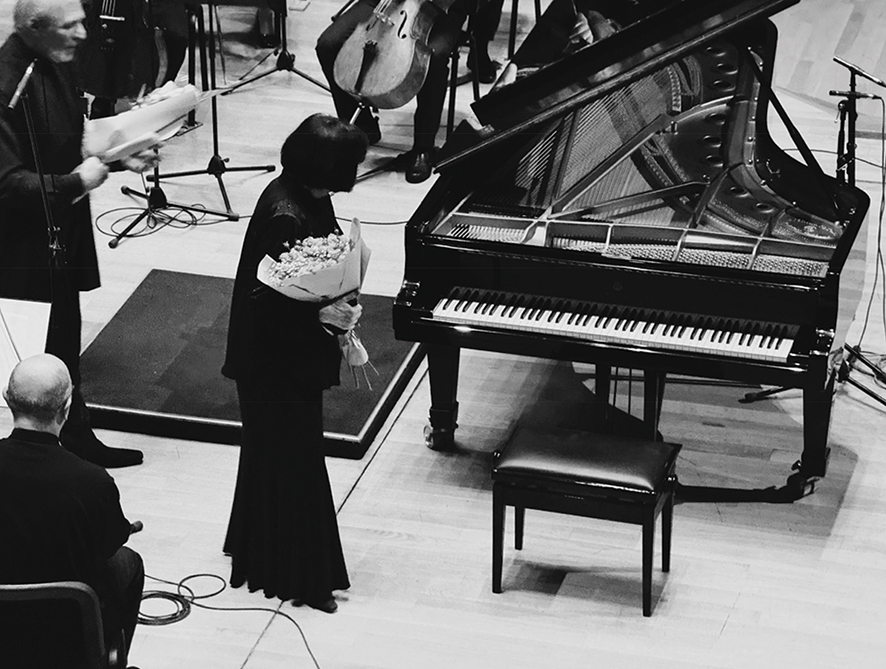
Kakhidze approached the Seventh Symphony with a sense of continuity rather than grandeur. The Allegretto advanced with dignified restraint, its pulse steady and solemn. The energy of the Presto provided momentum, and the final Allegro con brio unfolded in a sweep that emphasized propulsion over spectacle. The orchestra provided the necessary canvas for the evening’s design, maintaining cohesion while allowing Virsaladze’s concerto to remain the center of gravity.
The concert moved beyond the level of repertoire and performance into the realm of cultural biography. Virsaladze’s presence connected Georgian audiences with a history of interpretation shaped in Moscow and extended across Europe, a lineage that still defines standards of pianistic depth. Her teaching, her recordings, her insistence on clarity of form—all of these were present in the way she handled Beethoven’s pages.
The ovation carried an unmistakable tone of reverence. It acknowledged a career that has already entered legend and yet continues to evolve. The festival’s opening night felt less like a ceremonial beginning of a season than like a collective gesture of gratitude.
Virsladze has always resisted glamor in favor of essence. Her Beethoven speaks with a voice stripped of ornament, invested instead in the logic of phrase, the breath of silence, the architecture of time. The choice to open Autumn Tbilisi with such an interpretation was a statement: music here belongs to the sphere of continuity, inheritance, and truth.
Review by Ivan Nechaev

